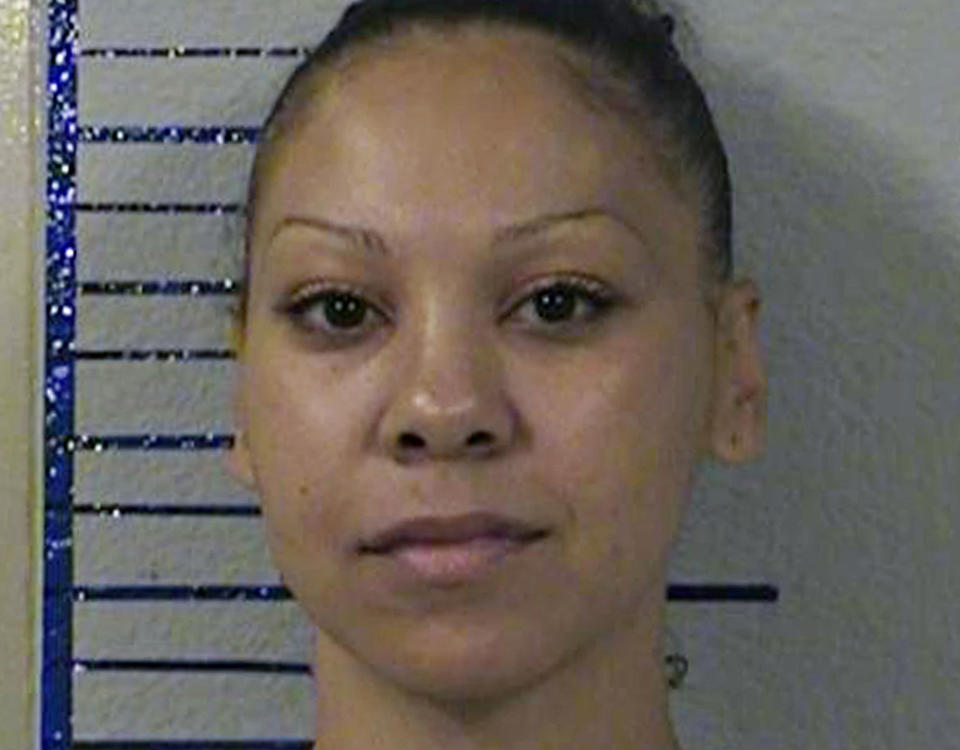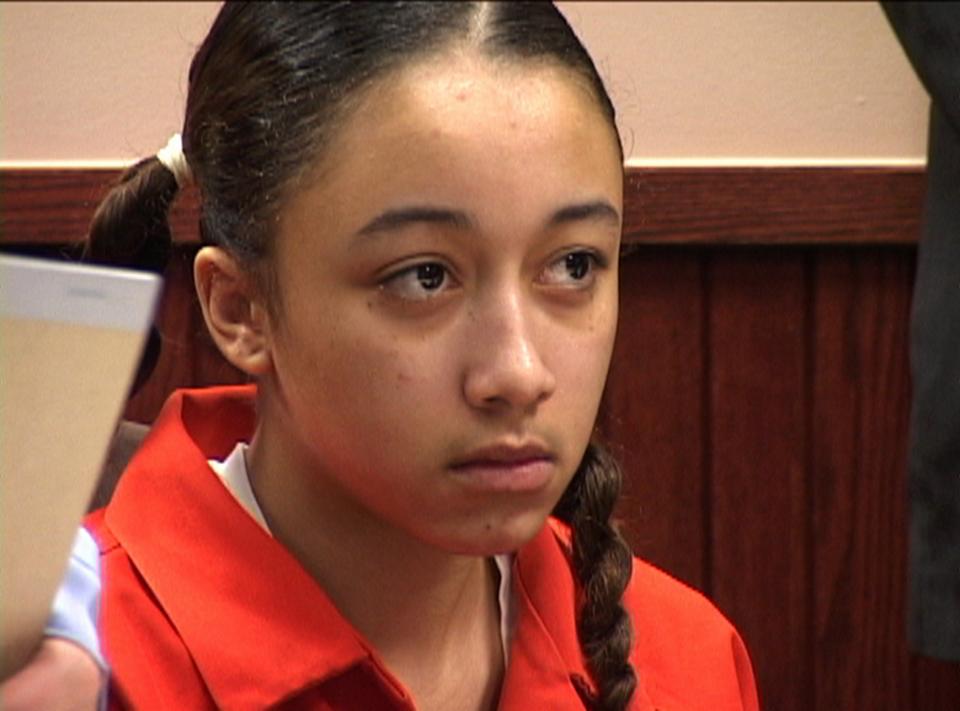Sex Trafficked Children Can Be Locked Up For Life. A New Bill Could Prevent That.
On Thursday, Rep. Bruce Westerman (R-Ark.) introduced a federal bill that aims to protect child victims of trafficking or sexual assault who commit crimes against their abusers from spending most of their lives in adult prisons.
The legislation is part of a package of three juvenile justice bills that would also ban courts from sentencing any child to life without parole and would reduce the number of juveniles who receive mandatory minimum sentences in adult court.
If passed, it would be the first federal legislation to recognize that children who are sex trafficked and abused are victims themselves and that no juvenile deserves to die behind bars.
Westerman says the fact that trafficked children have been “victimized in some of the worst ways you can imagine” before they harm their abusers is often overlooked in the court.

“It’s almost like they are being abused twice,” the congressman said. “They’ve obviously had their rights infringed upon by traffickers or sexual offenders, and then they are being punished by the justice system for a lot of times, what I would classify as self-defense.”
The issue of how sex trafficking victims are unfairly punished by the criminal justice system garnered national attention in January when Cyntoia Brown was granted clemency after receiving a lifelong prison sentence for killing a man who had hired her for sex. At the time she was 16 and living with a pimp known as “Kut Throat” who raped her and forced the teenager into prostitution.

James Dold, the Founder of Human Rights for Kids, says Brown and other children like her need to be seen primarily as victims. “These girls are not trying to make money and scam people,” he said. “They are girls who were terrorized and abused their whole lives and nobody gave a damn about them.”
The proposed federal sex trafficking legislation is named Sara’s Law after Sara Kruzan, who was sentenced to life without parole in 1994 for shooting her pimp when she was 16. George Howard lured Kruzan into his car when she was 11 and after sexually assaulting her for a few years, forced her into prostitution. The child was particularly vulnerable: Her mother was abusive and had boyfriends who molested Kruzan.
Kruzan, now 41, says she felt completely hollow inside. “I didn’t have any regard for life and for myself,” she told HuffPost. “And I was almost like ‘I’ll die,’ I didn’t really care.”
One night in a Riverside, California, motel room, after five years of abuse, she shot Howard. Rather than being put in the juvenile system, where Kruzan would have been released at 21, she was sentenced to life in prison by a judge who said the teen lacked “moral scruples.”
“No one identified me as a child sex trafficking survivor,” said Kruzan. “I was [labeled] a prostitute and a sophisticated murderer with the intention to take [Howard’s] hard-earned money.”
Following almost 19 years in a California prison, Kruzan was released in 2013, after her sentence was reduced by politicians and judges and a parole board decided to grant her freedom.
Westerman hopes that the bill, which only applies to the few hundred people in the federal system who were sentenced as children, will inspire states to implement Sara’s Law. So far, Nevada, Hawaii and Arkansas have already introduced similar legislation named after Kruzan.
In most states, child sex trafficking or abuse victims who commit crimes against their abusers can be transferred to an adult court and sentenced to the mandatory minimum for their felony. The U.S. is the only country in the world that still sentences juveniles to life without parole, and while 21 states have banned the sentence for minors, the majority still allow its use at a judge’s discretion.
Sara’s Law would allow judges to ignore mandatory minimum sentences for child trafficking or sexual assault victims who harm their abusers, suspend any portion of their sentence or, at the state level, keep them in the juvenile system, which focuses more on rehabilitation than punishment.
“Girls or boys who are raped, abused, or trafficked should never be sent to prison for committing crimes against their abusers,” said Dold in a statement. “The continued practice of locking these children away is a human rights abuse, and it needs to end now.”
Kruzan has now been out of prison for six years, has a four-year-old daughter and works as an advocate for prisoners released on parole. She says the federal bill means that others in her situation will not have to “let someone else’s harm define them.”
“I think this bill is rooted is compassion,” she said. “It allows space for those who have been victimized.”
Love HuffPost? Become a founding member of HuffPost Plus today.
This article originally appeared on HuffPost.

